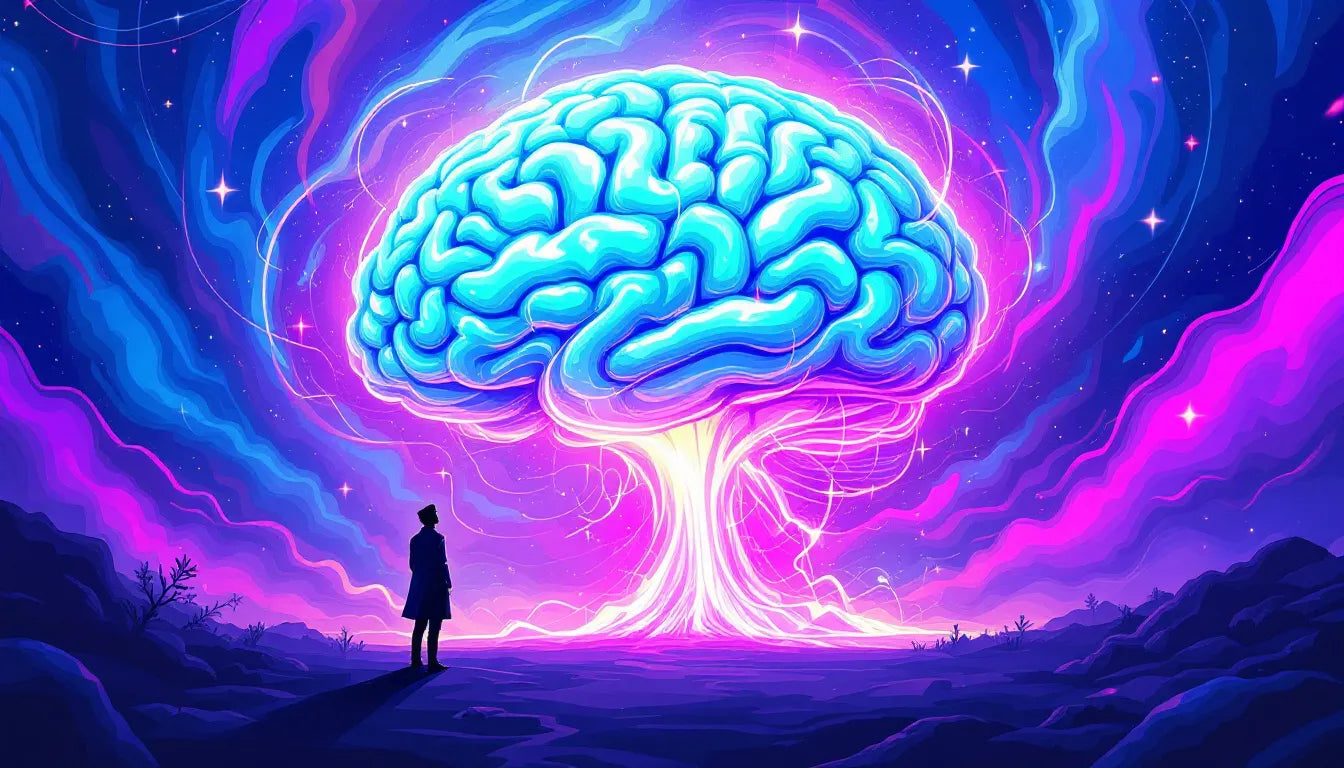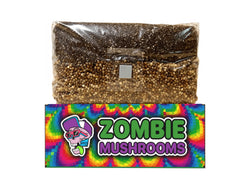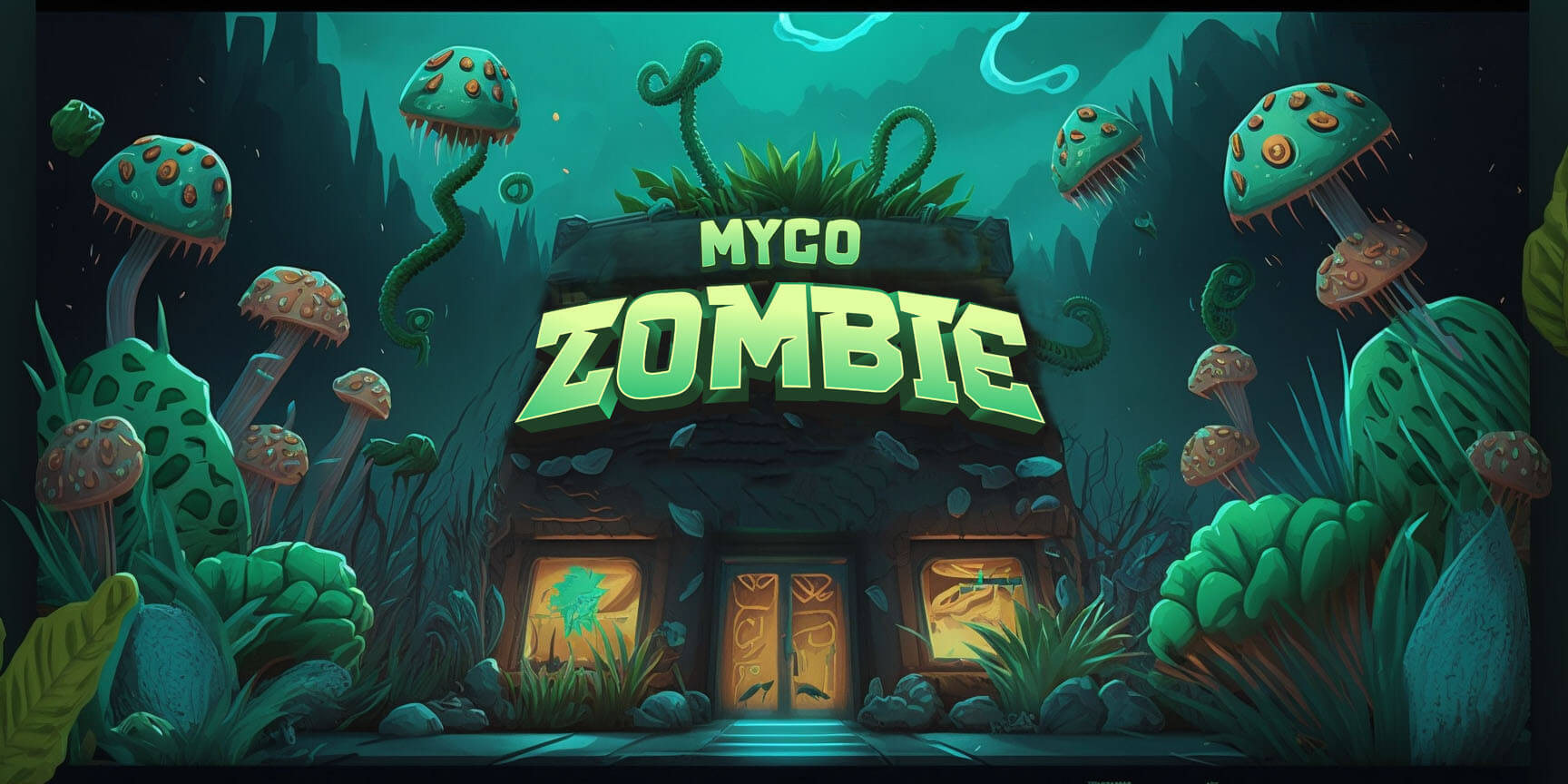- Ketamine rapidly reduces depression symptoms by enhancing neuroplasticity and targeting NMDA receptors.
- Clinical studies show a single dose of intravenous ketamine can quickly lower suicidal ideation.
- The ketamine placebo effect suggests patient expectations may contribute to its antidepressant benefits.
- Ketamine treatment is costly, ranging from $400 to $1,500 per session, and is rarely covered by insurance.
- Research on psychedelic-assisted therapy highlights the role of mindset in treatment effectiveness.
Does Ketamine Work for Depression or Just Placebo?
Ketamine has gained attention as a fast-acting treatment for depression, especially in cases where traditional antidepressants have failed. But some researchers question whether ketamine's effects stem purely from its biochemical properties or if hope and expectations play a bigger role. Understanding whether the benefits of ketamine for depression are due to its unique action in the brain or the ketamine placebo effect can help patients and mental health professionals make informed decisions.

What Is Ketamine and How Is It Used for Depression?
Originally developed as an anesthetic in the 1960s, ketamine has since been repurposed for mental health treatment due to its ability to provide rapid relief from depression. Unlike traditional antidepressants that take weeks to show results, ketamine can begin reducing depressive symptoms within hours. This rapid onset has made it particularly appealing for individuals struggling with suicidal thoughts or treatment-resistant depression.
Different Forms of Ketamine Treatment
Ketamine is administered in several different ways, with varying levels of effectiveness:
- Intravenous (IV) Infusions: One of the most effective and common methods, typically provided in specialized ketamine clinics.
- Intramuscular Injections (IM): Another common clinical method, often used as an alternative to IV infusions.
- Nasal Spray (Esketamine - Spravato): FDA-approved in 2019 for treatment-resistant depression, this version must be taken under medical supervision.
- Oral Lozenges or Troches: Sometimes used for at-home treatment, though they may be less effective compared to IV administration.
Given ketamine's unique ability to work where traditional antidepressants fail, its adoption is expanding, though questions around mechanism, longevity of benefits, and the ketamine placebo effect remain.

The Science Behind Ketamine's Effect on the Brain
Unlike traditional antidepressants that primarily affect serotonin levels, ketamine acts on the NMDA receptors involved in glutamate regulation. This is a critical function because:
- Glutamate is the brain's most abundant neurotransmitter, playing a key role in learning, memory, and mood regulation.
- By blocking NMDA receptors, ketamine enhances synaptic plasticity, effectively "rewiring" brain circuits linked to depression.
- It increases the release of brain-derived neurotrophic factor (BDNF), a protein essential for neuronal repair and resilience.
How Fast Does Ketamine Work?
Traditional antidepressants, such as SSRIs, can take four to six weeks to show noticeable improvements in mood. By comparison, ketamine can reduce depression symptoms within hours to days. Research, such as studies by Wilkinson et al. (2018), has shown that a single intravenous dose can rapidly diminish suicidal thoughts, providing a critical option for patients in crisis.
However, ketamine's effects are not permanent, and most patients require multiple treatments over time to sustain relief from depression.

The Placebo Effect: Could Hope Be the Key to Ketamine’s Efficacy?
The placebo effect is well studied in medicine, demonstrating how patient expectations can significantly influence treatment outcomes. Because depression is subjective—measured mainly by self-reported mood changes—it can be difficult to separate biochemical effects from psychological optimism.
How Might the Ketamine Placebo Effect Work?
- Patient Expectations Influence Brain Chemistry – Studies suggest that expecting a treatment to work may activate similar brain pathways as the actual drug itself.
- Dramatic Treatment Experience – Ketamine's dissociative effects could signal to the brain that "something powerful" is happening, reinforcing the belief that it will help.
- High Cost and Clinical Setting – Expensive, specialized treatments can enhance the placebo effect, as patients may associate cost and exclusivity with effectiveness.
A 2019 clinical study published in the Journal of Psychoactive Drugs noted that individuals who had higher expectations of ketamine treatment reported more substantial improvements. This raises an important question: how much of ketamine’s success is due to belief rather than biochemistry?

Comparing Ketamine to Traditional Antidepressants
Ketamine distinguishes itself from conventional antidepressants in several critical ways:
| Feature | Ketamine | Traditional Antidepressants (SSRIs, SNRIs) |
|---|---|---|
| Onset of Action | Hours to days | Typically 4–6 weeks |
| Primary Mechanism | NMDA receptor blockade | Serotonin reuptake inhibition |
| Treatment Frequency | Periodic infusions or doses | Daily pills |
| Effectiveness in Resistant Cases | High success in treatment-resistant depression | Limited benefit in resistant cases |
Because of these differences, ketamine treatment is often recommended for individuals who have not responded to SSRIs or other standard antidepressants. However, long-term safety data is still being gathered.

Potential Risks and Drawbacks of Ketamine Treatment
Despite its promising effects, ketamine comes with several risks and limitations:
Side Effects
Many patients experience temporary but sometimes intense side effects, including:
- Dissociation (feeling detached from reality)
- Nausea and dizziness
- Elevated blood pressure
- Blurred vision or perceptual distortions
Risk of Psychological Dependence
Although ketamine is not considered highly addictive in the same way as opioids, some individuals may develop a reliance on it for mood improvement. Regular use outside of clinical supervision can increase tolerance and potential misuse.
Cost and Accessibility Barriers
The high cost of ketamine treatments places it out of reach for many individuals struggling with depression.
- Most sessions range from $400 to $1,500 per dose, and multiple treatments are often required.
- Insurance companies rarely cover ketamine therapy, though Spravato (esketamine) nasal spray is sometimes eligible under specific plans.

The Future of Psychedelic Therapy & What This Means for Depression Treatment
Ketamine is part of a larger shift toward psychedelic-assisted therapy, which includes MDMA and psilocybin as potential treatments for mental health conditions. Similar to ketamine, these substances induce powerful subjective experiences, and researchers are examining:
- How "set and setting" (the patient’s mindset and environment) influences outcomes.
- Whether psychedelic therapy depends partly on expectation effects, similar to ketamine treatment.
- The role of neuroplasticity-enhancing drugs in reshaping mental health approaches.
As research continues, understanding how belief and biochemical changes interact could lead to better, more accessible mental health treatments.
What This Means for People Seeking Alternative Treatments
If you're considering ketamine for depression, here are a few key takeaways:
- Ketamine is fast-acting and may help when traditional antidepressants fail, but the legacy of its effects varies between individuals.
- Expectations can influence results, so mindset and proper integration therapy can enhance treatment effectiveness.
- Cost remains a barrier, and insurance coverage is still limited for many forms of ketamine treatment.
- More research is needed to fully understand the ketamine placebo effect and long-term effectiveness.
For individuals exploring alternative depression therapies, staying informed and discussing all options with a psychiatrist or licensed ketamine provider is essential. Whether ketamine works due to its brain-altering properties or partly due to psychological expectation, it represents a major advancement in depression treatment.
Citations
- Wilkinson, S. T., Ballard, E. D., Bloch, M. H., Mathew, S. J., Murrough, J. W., Feder, A., & Zarate, C. A. (2018). The effects of a single dose of intravenous ketamine on suicidal ideation: A systematic review and individual participant data meta-analysis. American Journal of Psychiatry, 175(2), 150-158.
- Dore, J., Turnipseed, B., Dwyer, S., Turnipseed, A., Andries, J., Ascani, G., & Monnette, C. (2019). Ketamine-assisted psychotherapy for treatment-resistant depression: A clinical study. Journal of Psychoactive Drugs, 51(2), 85-91.
- Price, R. B., Iosifescu, D. V., Murrough, J. W., Chang, L. C., Al Jurdi, R. K., Iqbal, S. Z., ... & Charney, D. S. (2014). Effects of ketamine on explicit and implicit suicidal cognition: A randomized controlled trial in treatment-resistant depression. Depression and Anxiety, 31(4), 335-343.




